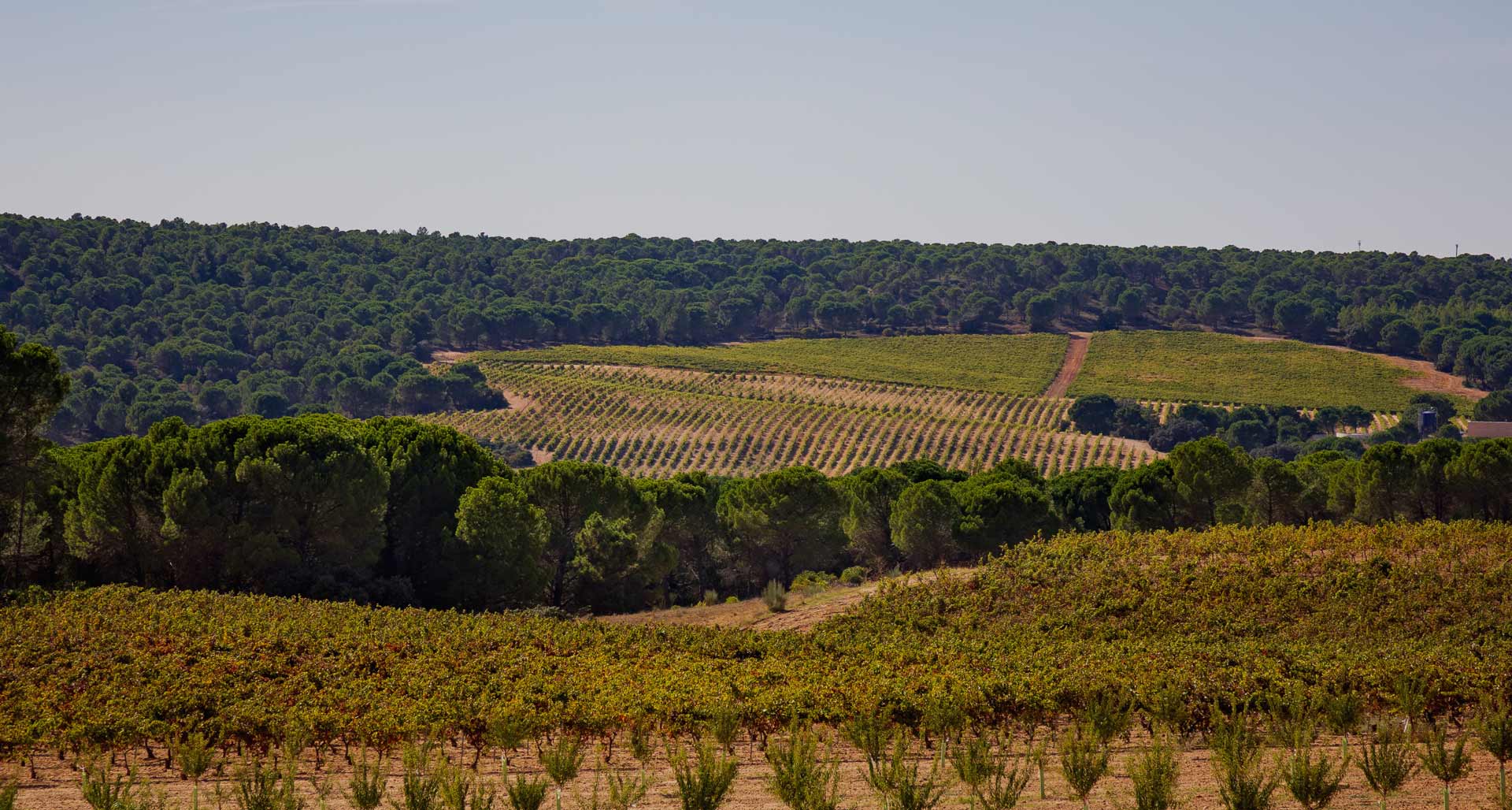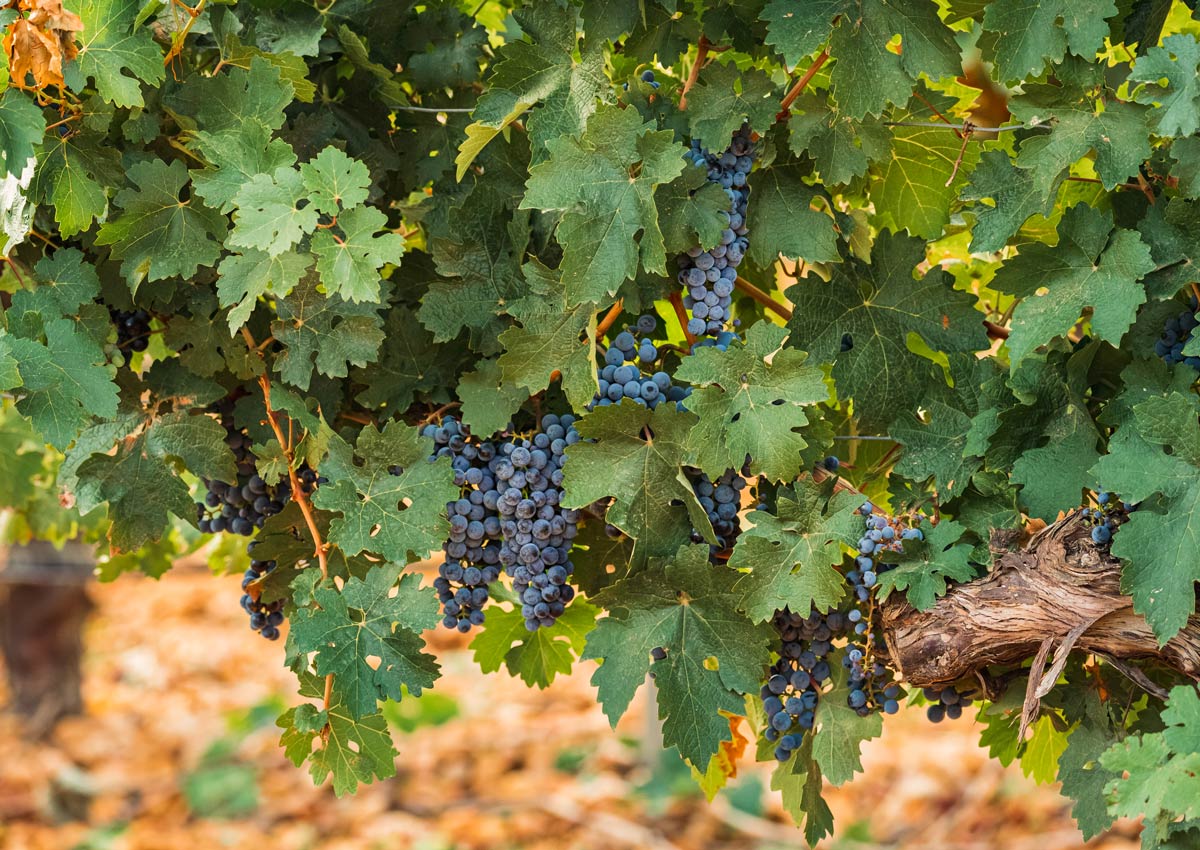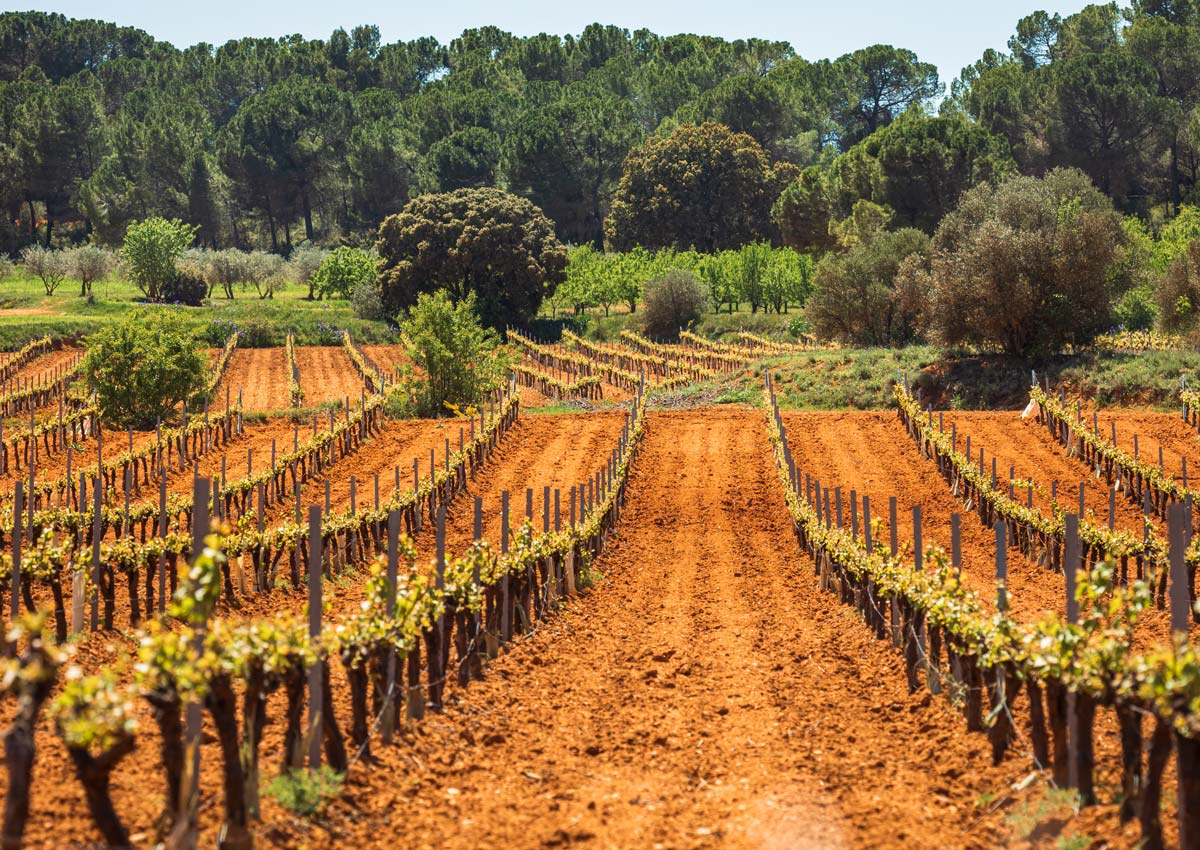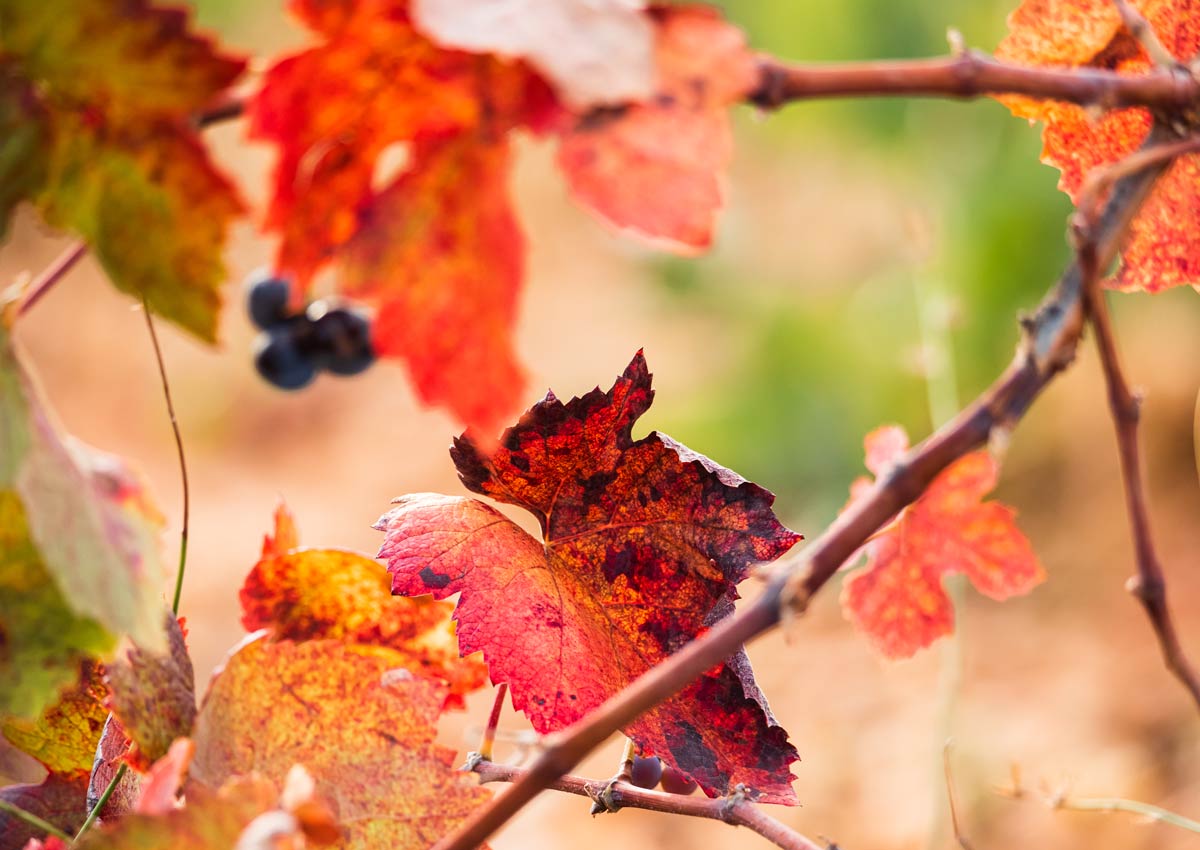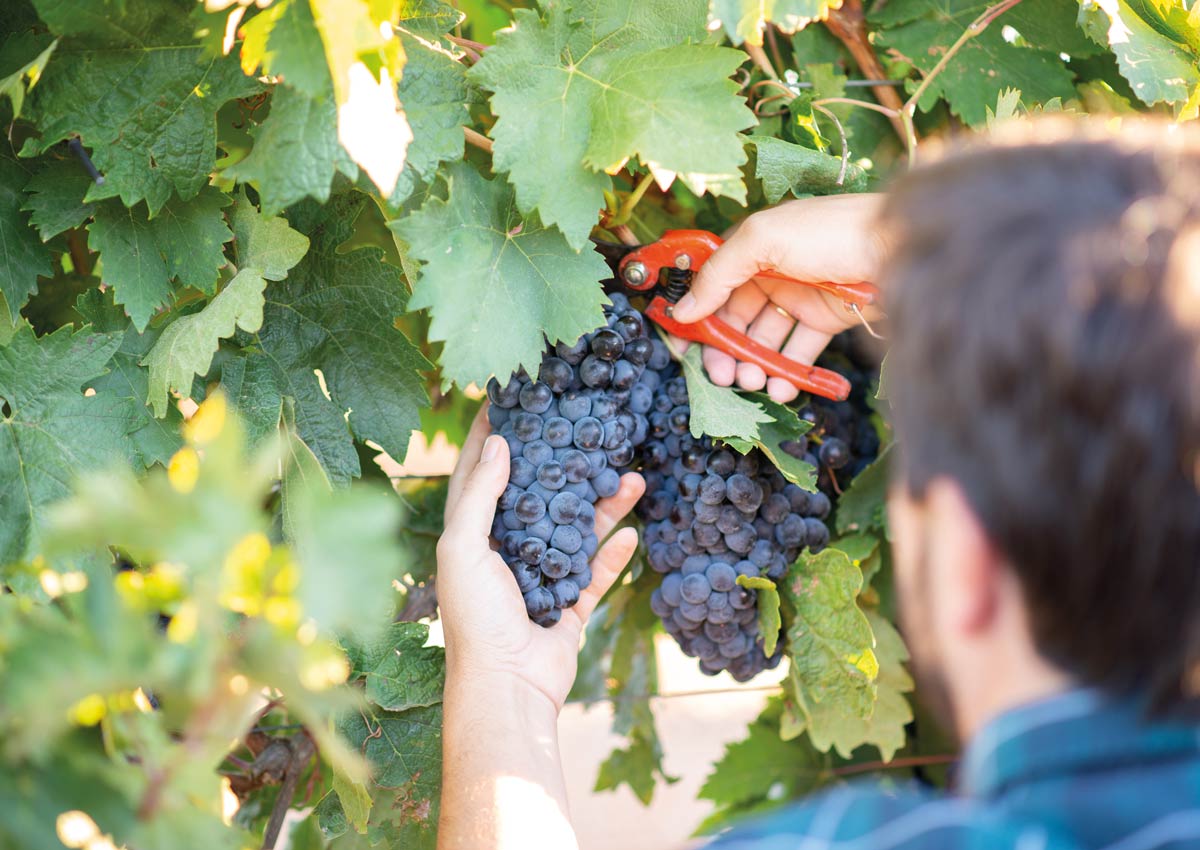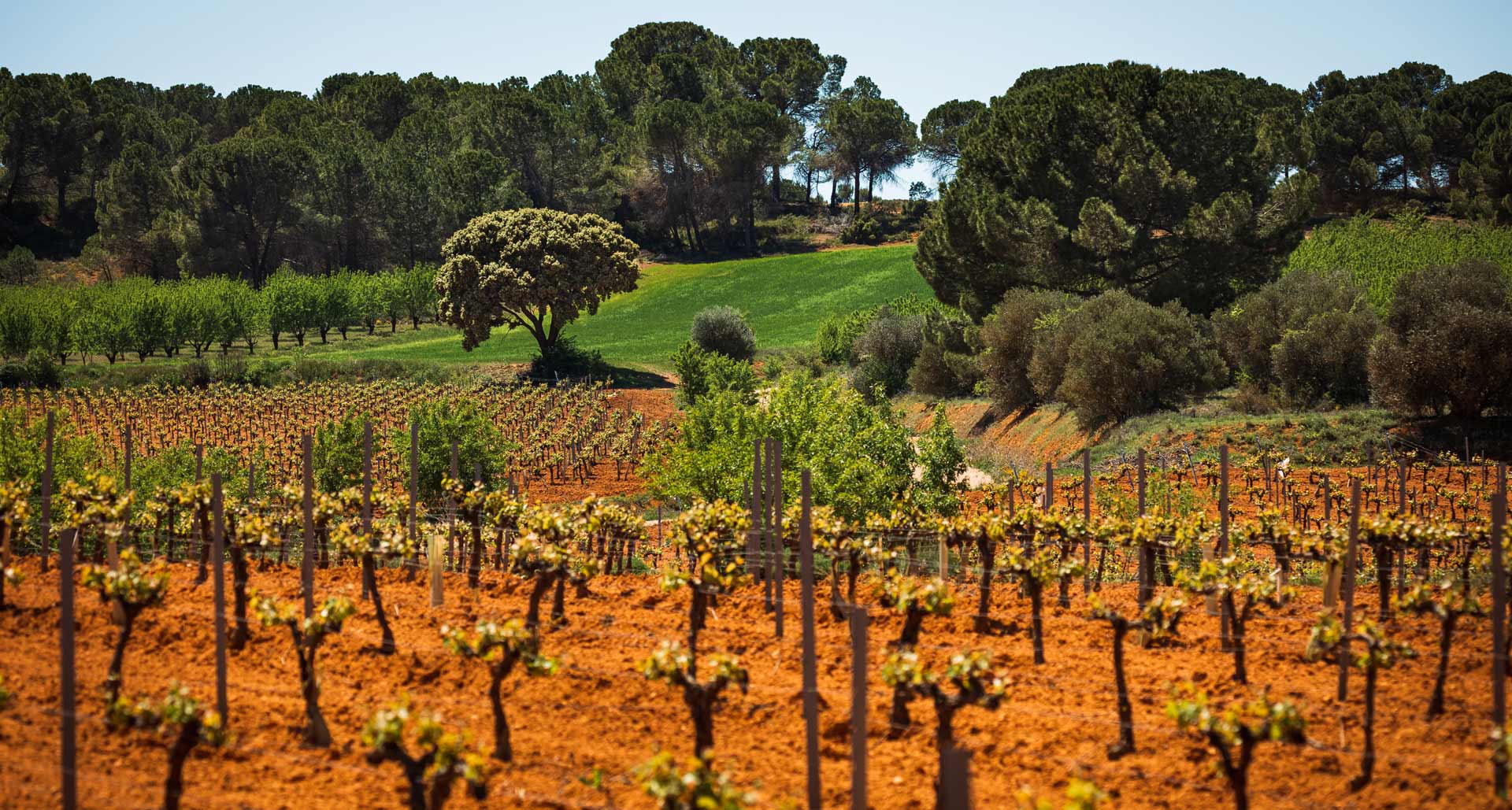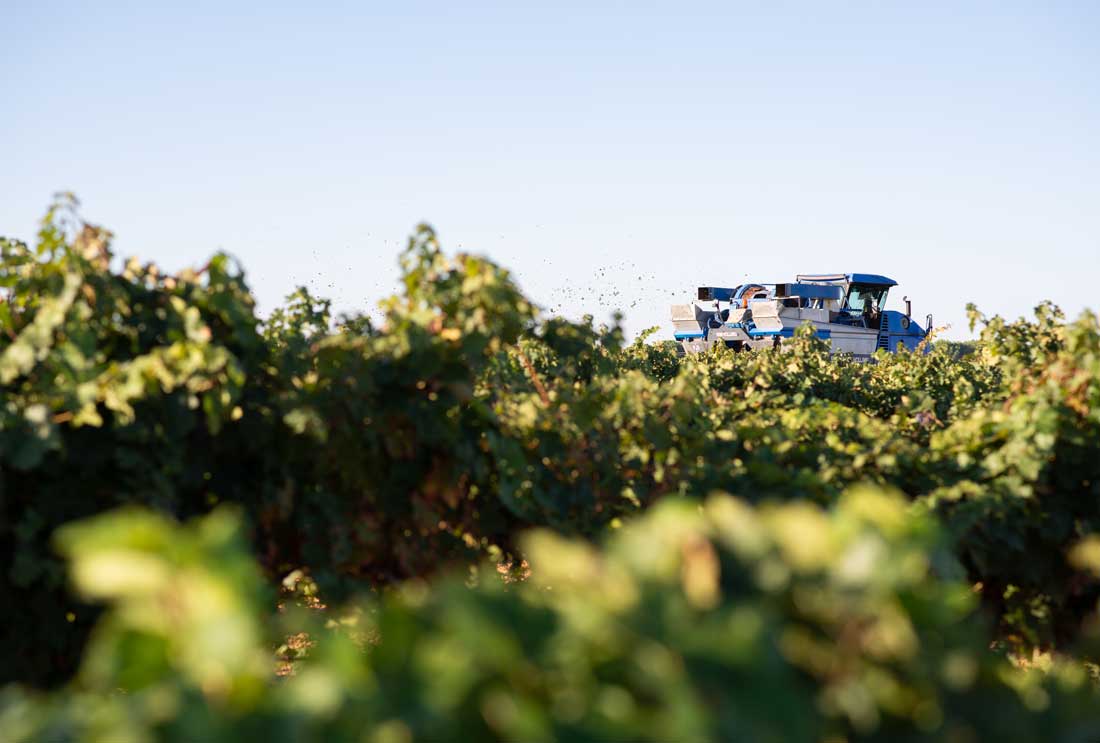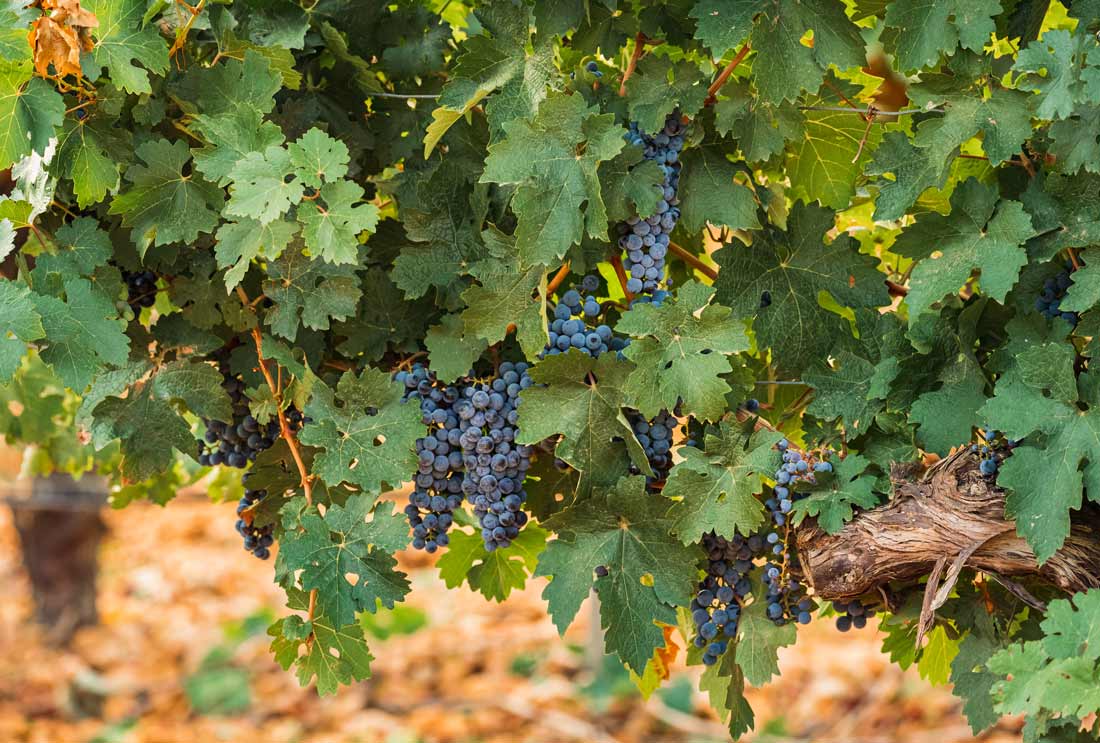Terroir
DOP Ribera del Júcar · Cuenca
The wines of Ribera del Júcar are renowned for their intense aroma and balanced body, which are the direct result of a particular microclimate and viticulture techniques adapted to soil conditions.
Below, we explain the characteristics of our environment that give the wines the differentiation and exceptional quality that make them unique.
Júcar River
South of Cuenca
The production area of the DO Ribera del Júcar is characterized by its horizontality, consisting of a plain with some small hills. This horizontality is interrupted by the river that gives this denomination its name and by some wooded hills between Sisante and Casas de Haro.
The Júcar River plays a crucial role in the development of the vines, not only by regulating temperatures and providing optimal irrigation but also by contributing a rich mineral diversity to the soil. This imparts a distinctive mineral character to the wines, favoring the creation of wines that honestly express the terroir from which they come.
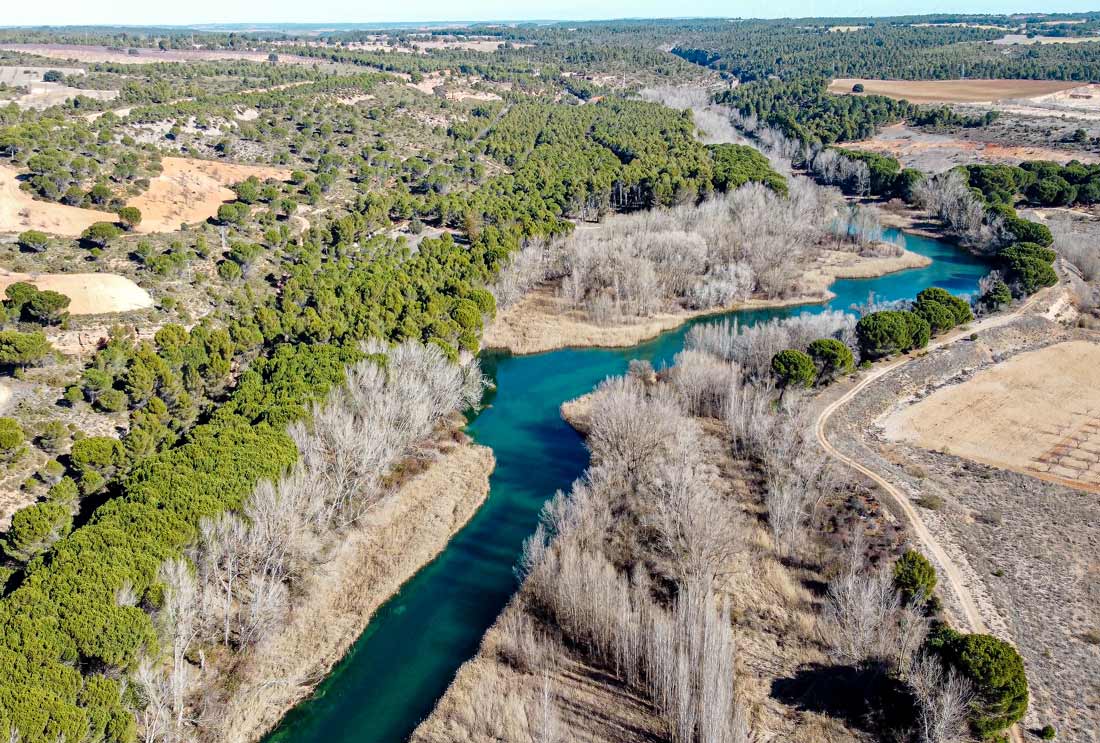
The Júcar River as it passes through the province of Cuenca
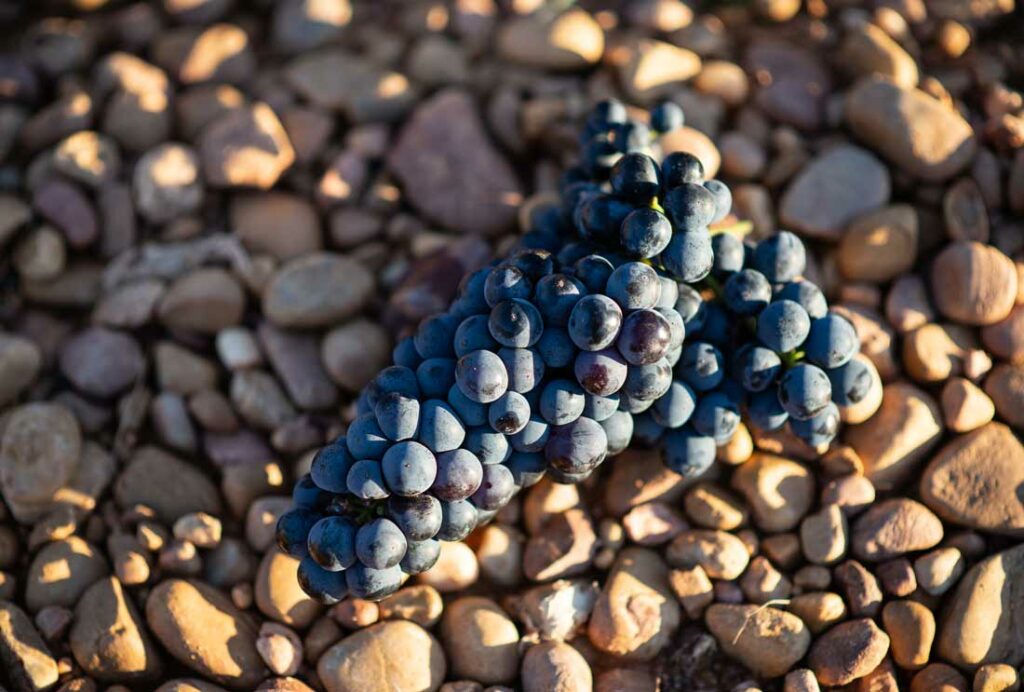
Soil
Pebbles
The soils of Ribera del Júcar, primarily clayey and calcareous, result in wines with a pronounced mineral character and good acidity.
Our soils are deep, filled with silt and clay that provide the vines with hydration reserves during drought periods, making the ground spongy, perfect as a base for creating an extraordinary wine.
The pebbles or stones found on the surface help reflect the sun’s rays towards the grape clusters and store heat during the day, releasing it at night, which aids in the ripening of the grapes.
Additionally, they promote soil aeration and drainage, allowing rainwater or irrigation water to filter down to the clays that offer good water retention in the subsoil, which the vine utilizes during times of scarcity.
Climate
Temperature and Rainfall
Our Júcar River also helps to generate the region’s microclimate: to the west, the Sierra Muela blocks the cold winds coming from the north, and to the east, the Júcar River slows the spread of convection frosts. This microclimate creates the perfect conditions for the creation of DO Ribera del Júcar wines.
Additionally, the region’s continental climate, with significant temperature fluctuations between day and night, influences the proper phenolic ripening of the grapes.
This incomparable situation and the special microclimate of Ribera del Júcar ensure excellent conditions for vine cultivation.
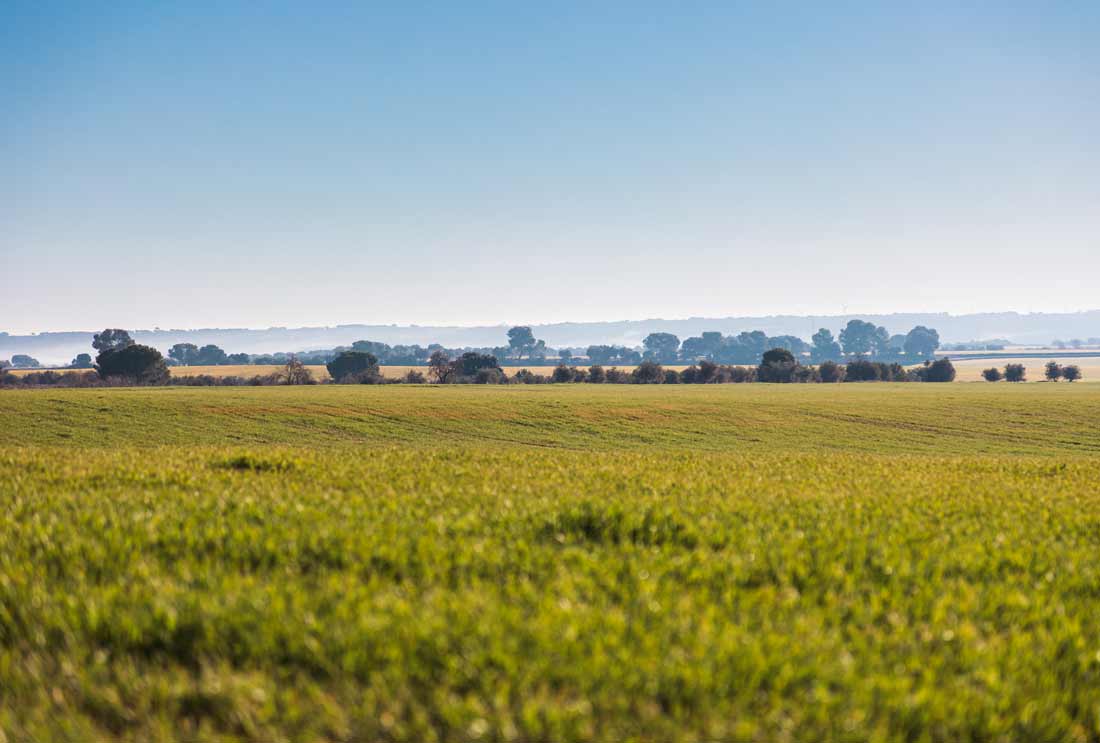
Galery
Landscapes of the DOP Ribera del Júcar
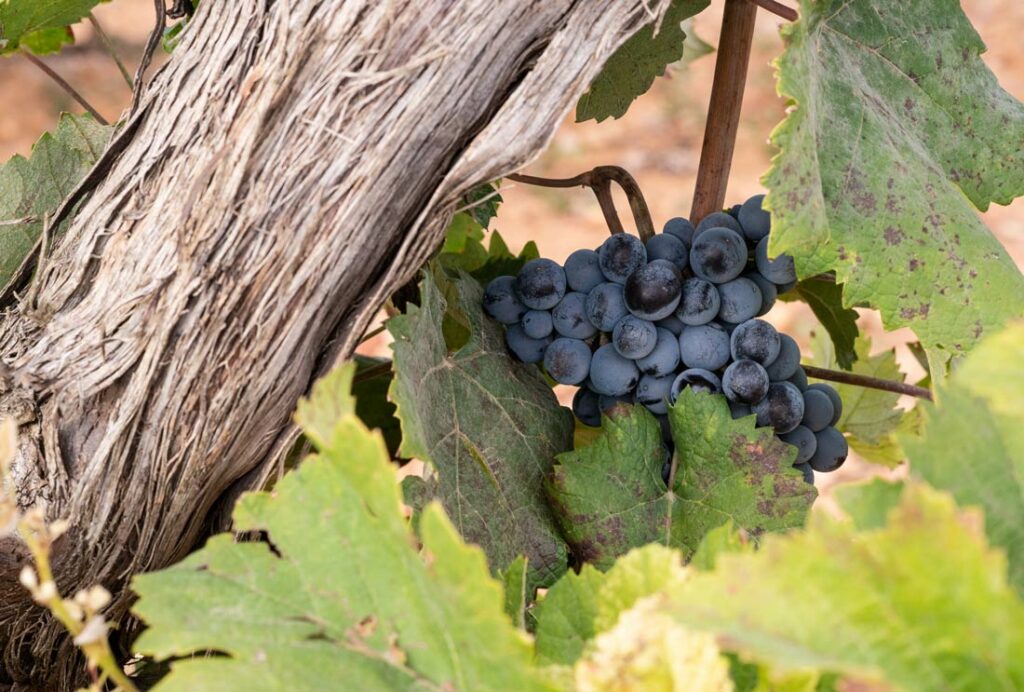
Vines
Age
Within the Ribera del Júcar, there are forest areas of great interest, such as the stone pine forests and the riverside forest where we can find willows, poplars, and elms.
The deep clay-limestone soils, covered with pebbles, lie on a plateau with an average altitude of around 750 meters.
The soils of Ribera del Júcar, primarily clayey and calcareous, result in wines with a pronounced mineral character and good acidity.
Tradition and Innovation
Sustainable Practices
Many winegrowers in Ribera del Júcar adopt sustainable cultivation methods that respect the environment and improve grape quality. In the DO Ribera del Júcar, organic wine is also produced, free of systemic fungicides, pesticides, and chemical herbicides.
In the DOP Ribera del Júcar · Cuenca, there is a perfect combination of traditional winemaking methods with modern technologies, resulting in wines that honor the region’s legacy while innovating in flavors and textures.
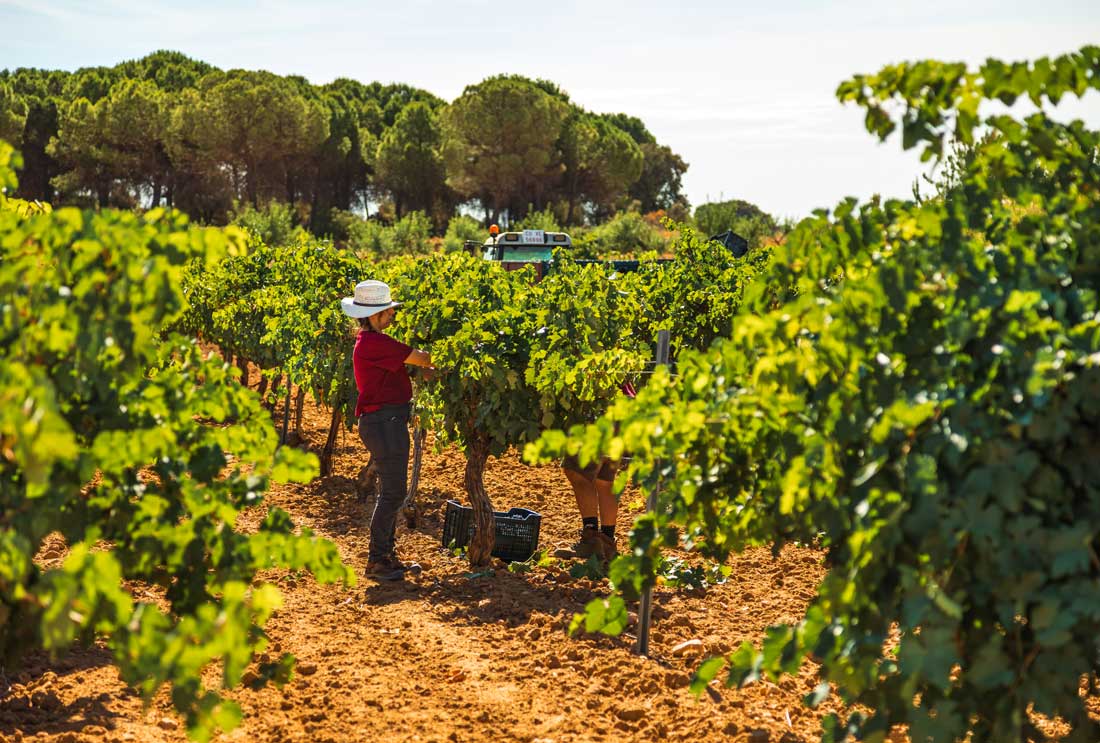
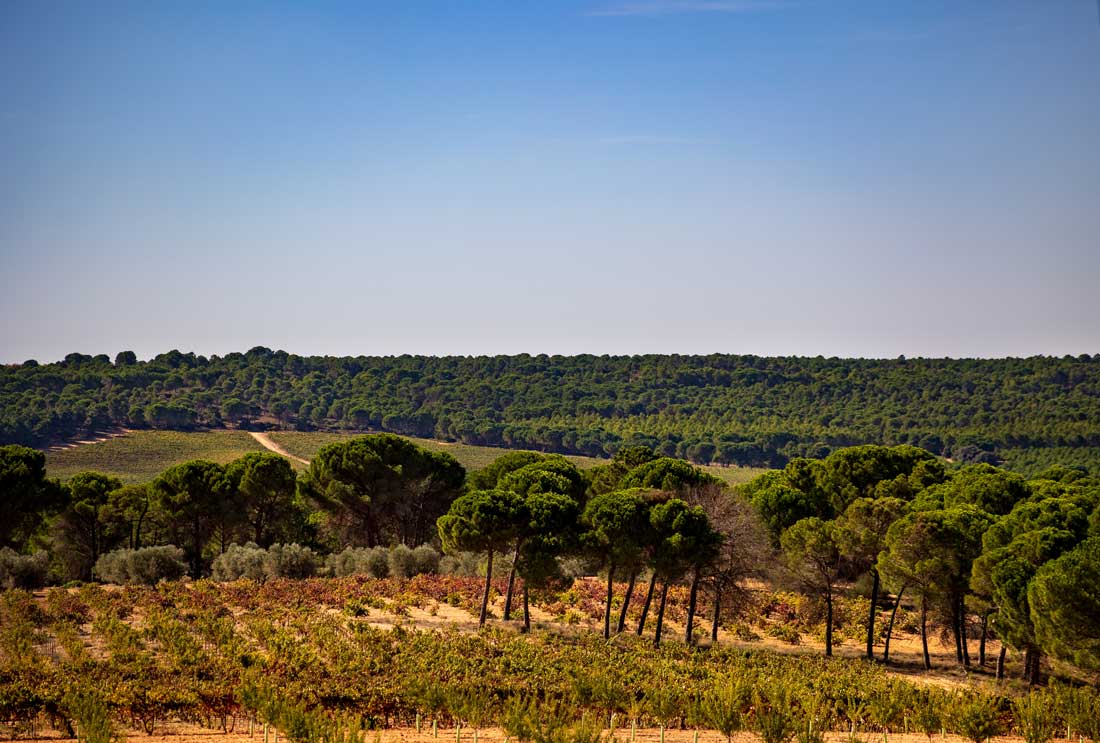
Biodiversity
Ecological value
In the DOP Ribera del Júcar, there are preserved forest areas of great interest, such as the stone pine groves, as well as riparian forests where we can find willows, poplars, and elms.


